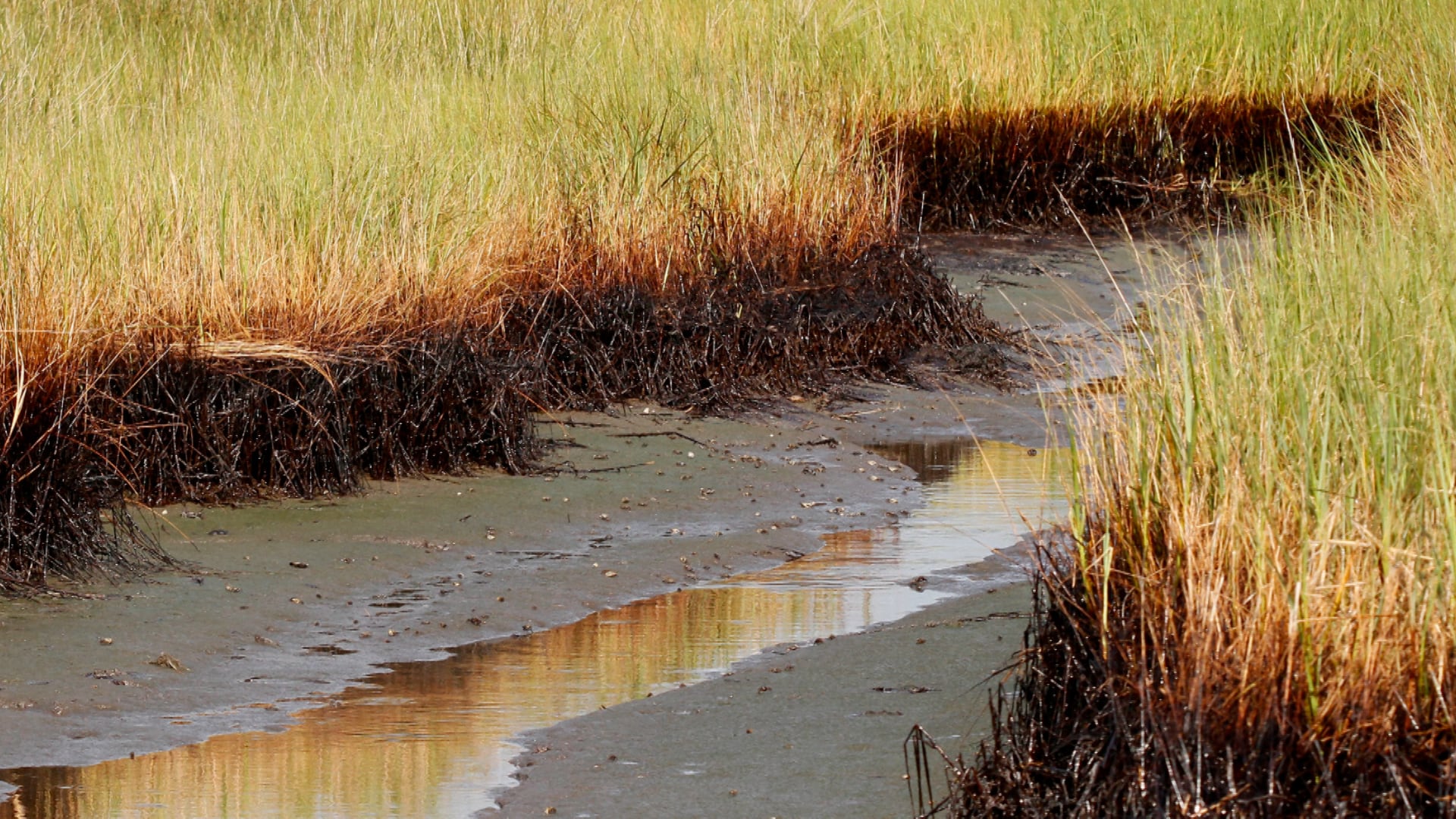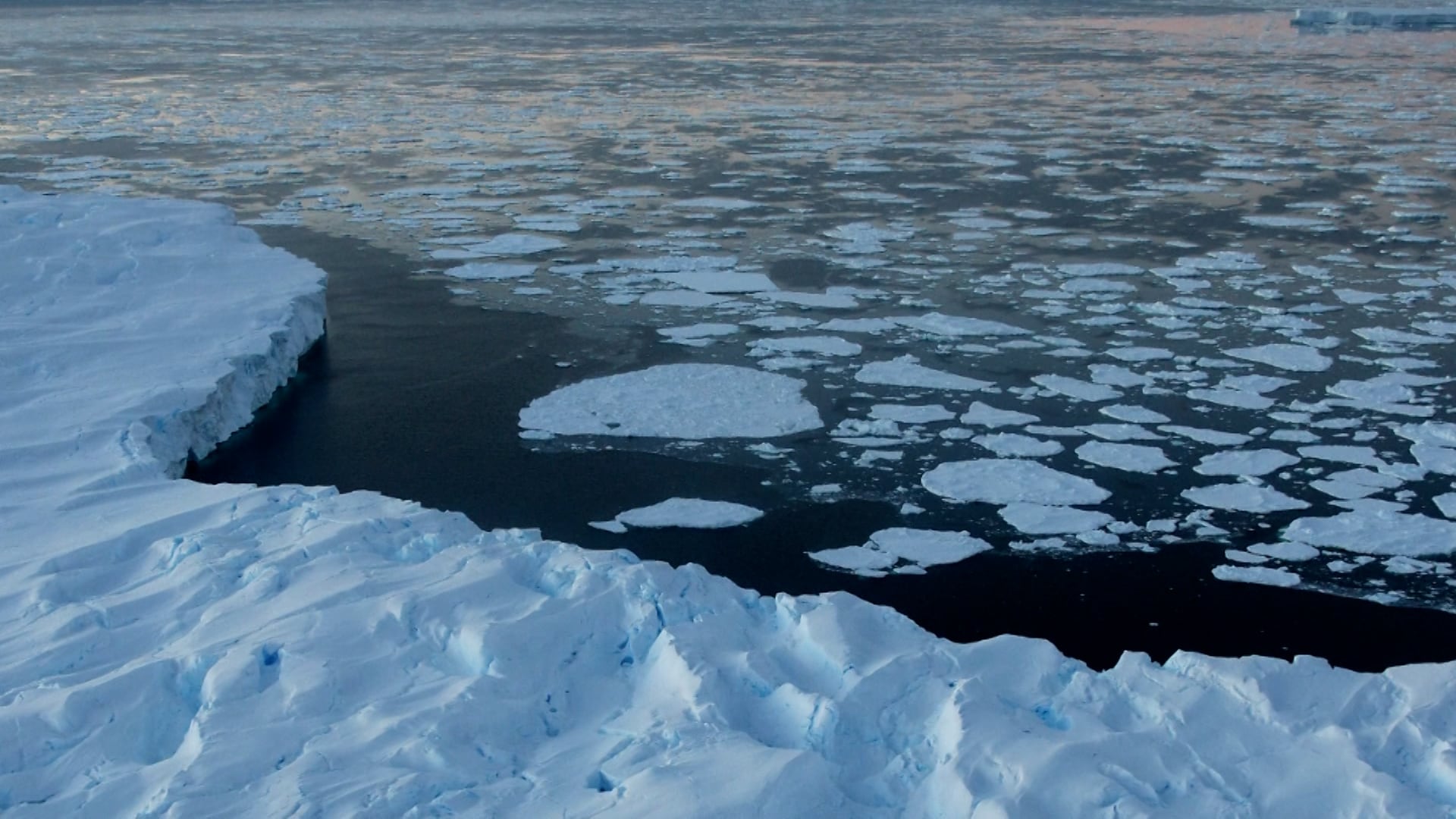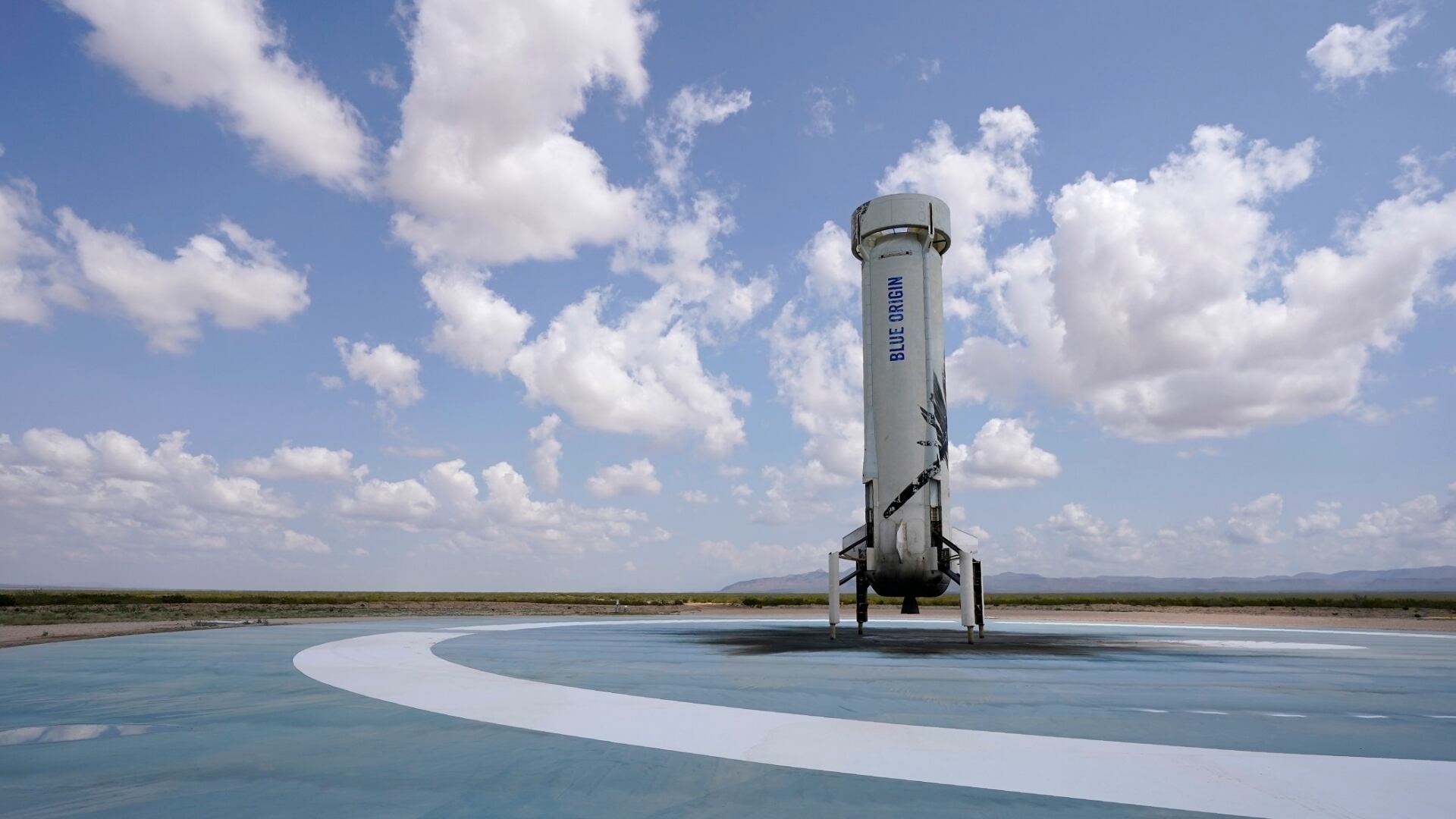By Kathy McCormack
Intense Canadian wildfires are blanketing the northeastern U.S. in a dystopian haze, turning the air acrid, the sky yellowish gray and prompting warnings for vulnerable populations to stay inside.
The effects of hundreds of wildfires burning across the western provinces to Quebec could be felt as far away as New York City and New England, blotting out skylines and irritating throats.
U.S. authorities issued air quality alerts. Hazy conditions and smoke from the wildfires were reported across the Great Lakes region from Cleveland to Buffalo.
A smoky haze that hung over New York City much of the day Tuesday thickened in the late afternoon, obscuring views of New Jersey across the Hudson River and making the setting sun look like a reddish orb. In the Philadelphia area, dusk brought more of a lavender haze.
Sal and Lilly Murphy, of Brooklyn, likened the burning scent to a campfire. They said they could even smell the smoke indoors, in a Manhattan restaurant, then walked outside and saw a sky that looked like it was about to storm — but was rainless. Lilly wore a mask for protection.
“It’s a little scary,” Sal Murphy said.
Smoke from the fires has wafted through northeastern U.S. states for weeks now, but it’s only recently been noticeable in most places.
New York Gov. Kathy Hochul said Tuesday's hazy skies “were hard to miss,” and New York City Mayor Eric Adams encouraged residents to limit outdoor activities ”to the absolute necessities.”
Here's a closer look at what's happening and some suggested precautions for dealing with the haze:
WHAT'S HAPPENING?
Smoke from Canada's wildfires has been moving into the United States since last month. The most recent fires near Quebec have been burning for at least several days.
The EPA said hazy skies, reduced visibility and the odor of burning wood are likely, and that the smoke will linger for a few days in New England.
“It's not unusual for us to get fire smoke in our area. It's very typical in terms of northwest Canada,” said Darren Austin, a meteorologist and senior air quality specialist with the Rhode Island Department of Environmental Management. But the smoke usually has been aloft and doesn't affect people's health, he said.
The Quebec-area fires are big and relatively close, about 500 to 600 miles (roughly 800 to 970 kilometers) away from Rhode Island. And they followed wildfires in Nova Scotia, which resulted in a short-lived air quality alert on May 30, Austin said.
WHAT'S THE BIGGEST CONCERN?
Air quality alerts are triggered by a number of factors, including the detection of fine-particle pollution — known as “PM 2.5” — which can irritate the lungs.
“We have defenses in our upper airway to trap larger particles and prevent them from getting down into the lungs. These are sort of the right size to get past those defenses,” said Dr. David Hill, a pulmonologist in Waterbury, Connecticut, and a member of the American Lung Association's National Board of Directors. “When those particles get down into the respiratory space, they cause the body to have an inflammatory reaction to them.”
Trent Ford, the state climatologist in Illinois, said the atmospheric conditions in the upper Midwest creating dry, warm weather made it possible for small particulates to travel hundreds of miles from the Canadian wildfires and linger for days.
“It’s a good example of how complex the climate system is but also how connected it is,” Ford said.
WHO SHOULD BE CAREFUL?
Exposure to elevated fine particle pollution levels can affect the lungs and heart.
The air quality alerts caution “sensitive groups,” a big category that includes children, older adults, and people with lung diseases, such as asthma and chronic obstructive pulmonary disease.
Kids, who often are encouraged to go out and play, “are more susceptible to smoke for a number of reasons,” said Laura Kate Bender, the lung association's National Assistant Vice President, healthy air. “Their lungs are still developing, they breathe in more air per unit of body weight.”
WHAT CAN YOU DO FOR NOW?
It's a good time to put off that yard work and outdoor exercise. If you go out, consider wearing an N95 mask to reduce your exposure to pollutants.
Stay inside, keeping your doors, windows and fireplaces shut. It's recommended that you run the air conditioning on a recirculation setting.
“If you have filters on your home HVAC system, you should make sure they’re up to date and high quality,” Hill said. “Some people, particularly those with underlying lung disease, or heart disease, should consider investing in in air purifiers for their homes.”
Associated Press reporter Katie Foody in Chicago contributed to this story.
This story has been updated with news from New York City.












